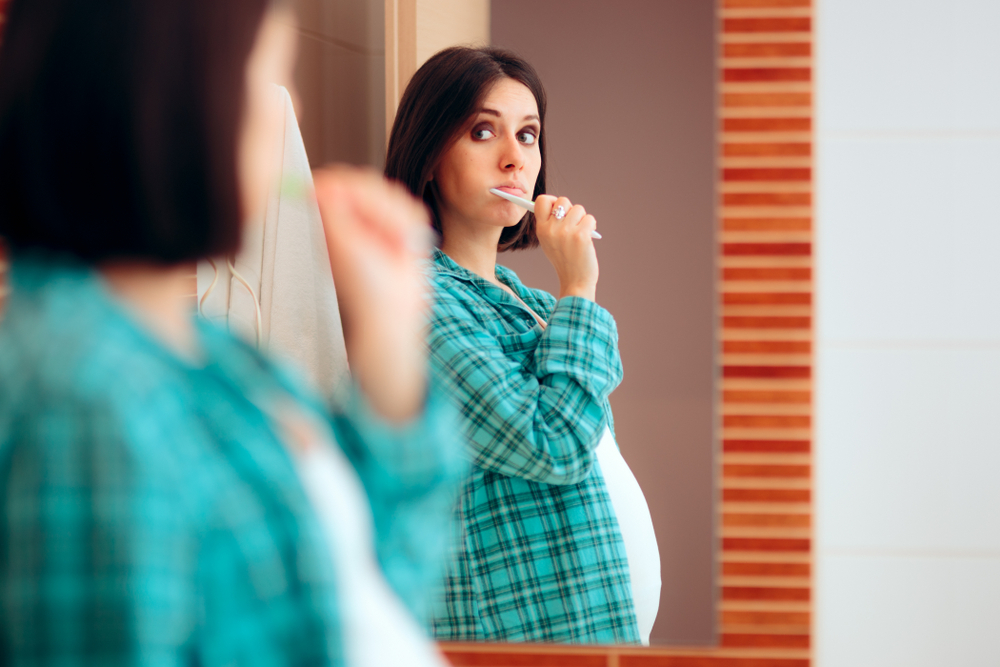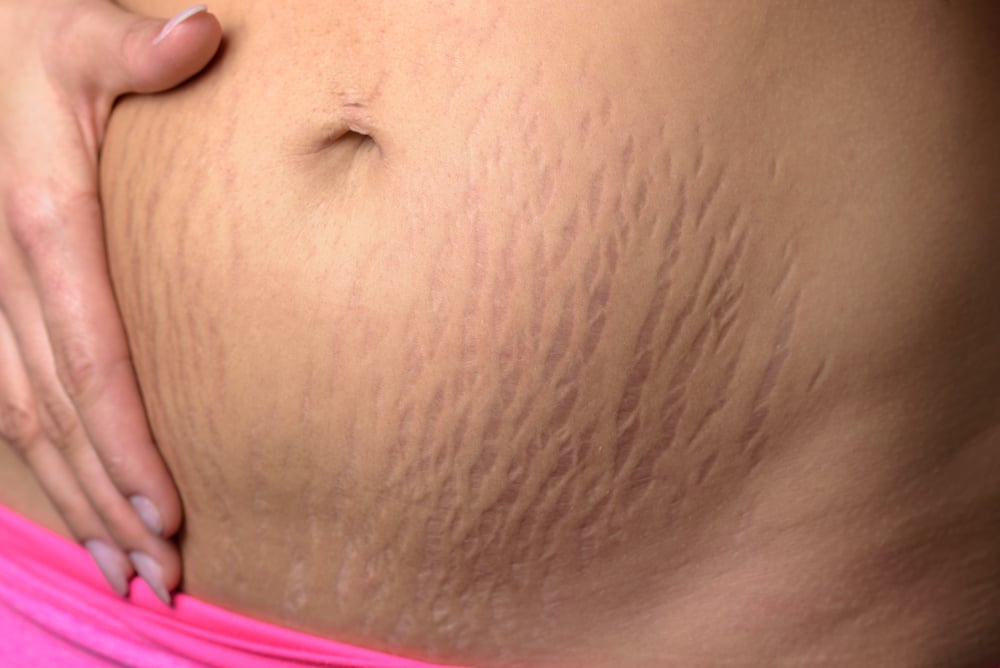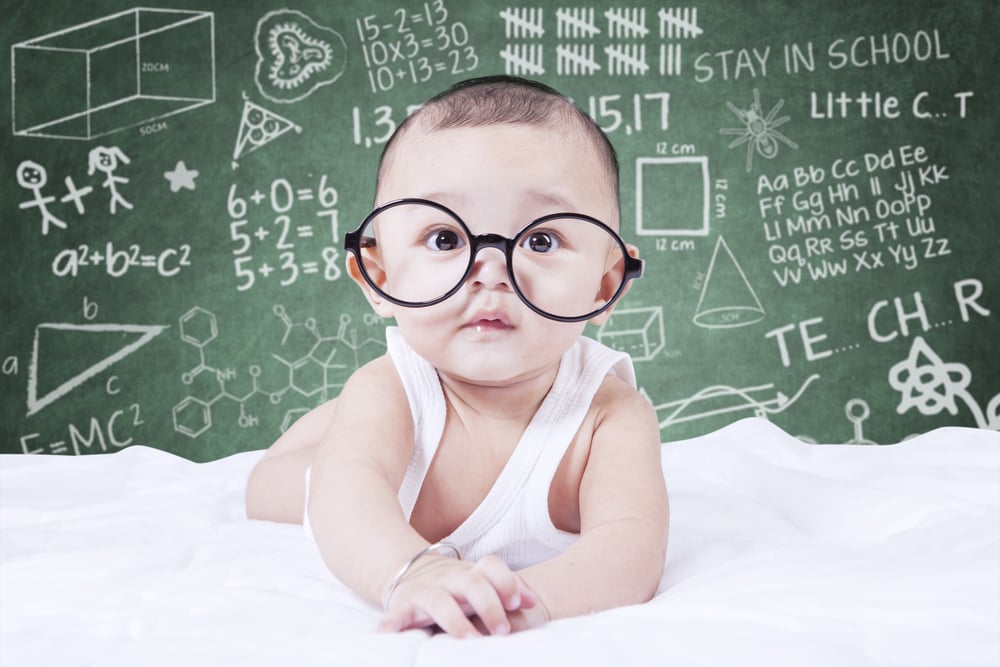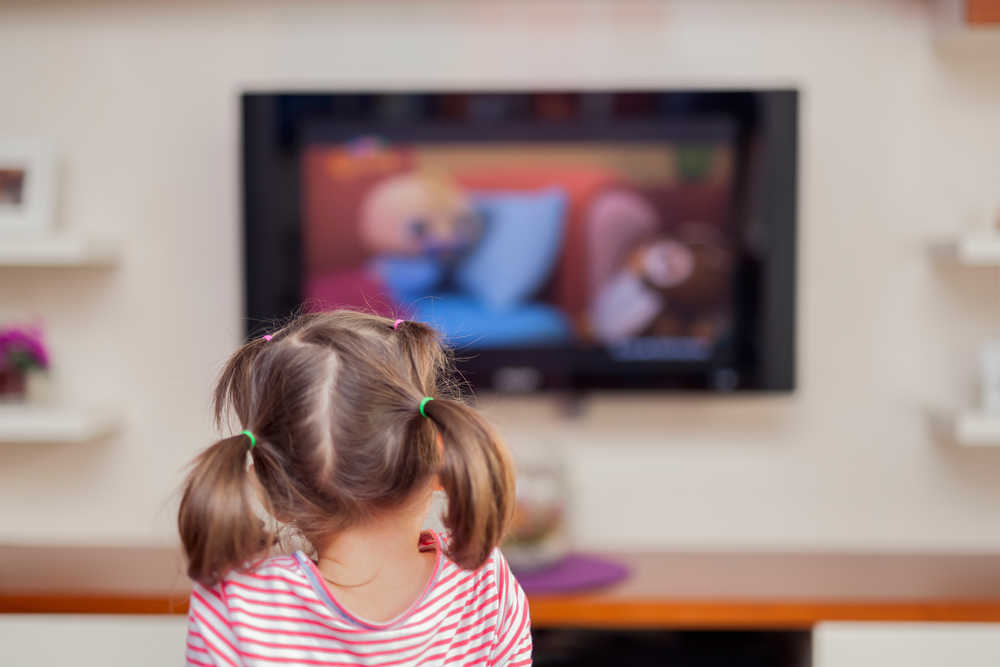Whether you have been a mother for years or are simply expecting your next child you likely remember the moment you found out you were pregnant. We all find out in different ways and at different times. Depending on our position in life at that time can impact how we react. For some, it is a moment of sheer joy, for others, it is one of panic. A child is a lot of work and it is understandable that it can cause people a lot of stress and shock. If you were shocked when you found out you were having a baby imagine if you found out you were having twins! Yet having twins can also be incredibly exciting as you are likely going to guarantee a pair of best friends for life. Twins usually offer each other great support and can be a joy to raise. With that in mind, is it wise to try and have twins, and can that actually be done?
Let’s put the “should you” question to one side for a moment. Before we can figure out whether it is a good idea we first need to know if it is possible. In most cases that we are aware of people who have had twins did not plan on that result any more than people who had a boy or girl planned on the sex of their baby. In the majority of occurrences, twins are a result of sheer probability. Estimates suggest that twins will be conceived about 0.45% (although some estimates suggest as high as 3%) of the time or one in every 250 births.
There are ways to increase the likelihood of having twins. Studies show that women who have a slightly higher weight tend to be more likely to have twins. This still won’t make it likely that you will have twins but it will increase the odds. Studies also show that having increased nutrients before conceiving will make it more likely. In general, it is advised to take nutrition supplements if you want to have a child so it makes sense that taking these also increase the likelihood of twins. Folic acid is a standout supplement recommended by doctors for women trying to conceive however there are little statistically significant studies available related to twins and its effect.
Age also plays a factor. As you get older it is more difficult to conceive as your body is changing. Many people would likely expect this to make it harder to have twins but studies actually show that older women are more likely to give birth to twins. This strange result is for two reasons. The first reason is because of IVF. Many older women turn to in vitro fertilization to help them get pregnant. This is when a woman’s unfertilized eggs are taken and fertilized by a man’s sperm and then placed back into the uterus in the hopes that one will implant and grow. Of course, many of these embryos will not implant and grow and it is a very expensive process. To increase the odds doctors often implant multiple embryos in the hopes that one will grow. However, in many cases, things work out really well and more than one grows.
Similarly, when older women conceive in a natural way they are more likely to have twins because the body realizes that the chance of success is lower and so the body releases more than one egg when ovulating. Women over the age of 30 are more likely to have twins and women over the age of 35 who have already had one child have the highest probability.
Doctors advise against planning for twins. If you have twins the pregnancy faces increased risks so this is not something you should plan for. If you are adamant that you want to try we highly recommend you speak with a specialist first so they can inform you of all the risks.











